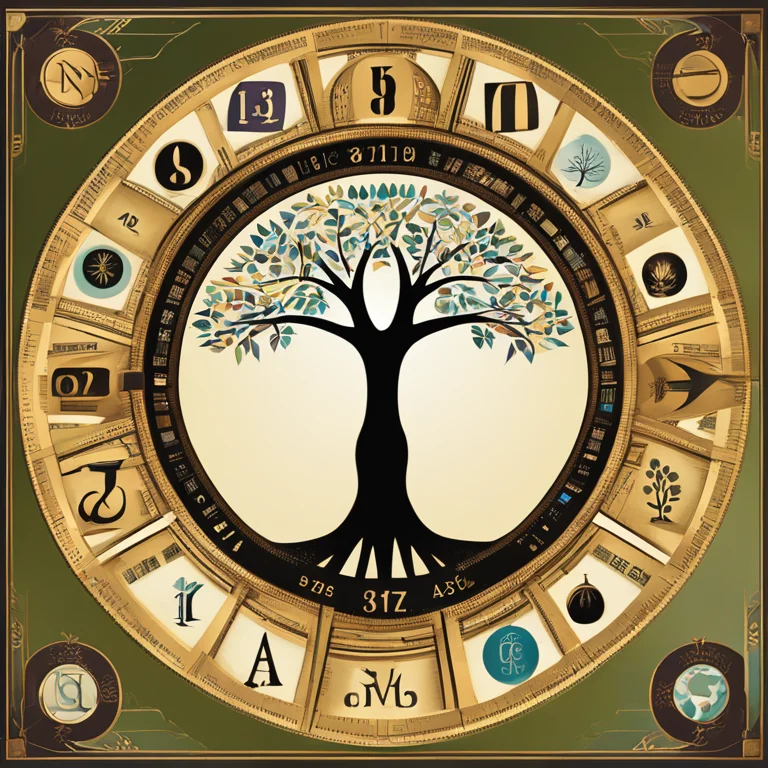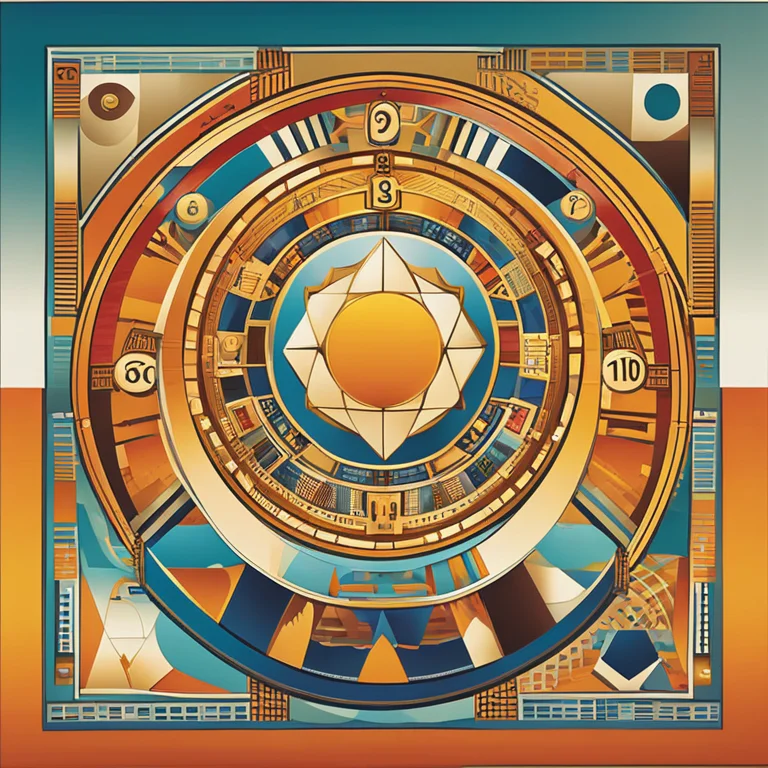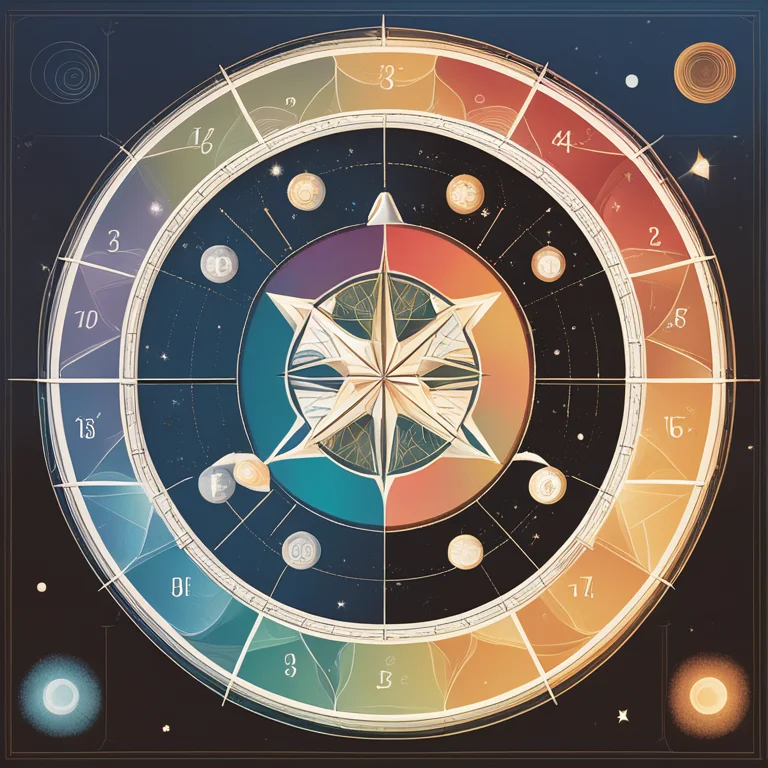
The Roots of Numerology Explored
Discover the roots of numerology and learn about its inception and evolution as a mystical practice throughout civilizations.
article by Sofia Ferguson
The Ancient Beginnings of Numerology
Numerology, the mystical belief system that assigns divine or mystical significance to numbers, is not attributed to a single inventor but is a practice that has roots in various ancient civilizations. The earliest records of numerological ideas date back to Babylonian and Egyptian cultures, where numbers held sacred significance. Pythagoras, the Greek philosopher, is often credited with establishing numerology in the Western world, although he did not invent it. His teachings, from around the 6th century BCE, imbued numbers with spiritual and philosophical meanings that have influenced many modern numerology systems.

Pythagoras and The Pythagorean System
While Pythagoras did not invent numerology, his legacy in association with it is undeniable. He believed that the universe could be explained through numbers and that each number had its vibration and significance. The Pythagorean system, derived from his teachings, is one of the cornerstones of Western numerology. This system is based on the idea that letters of the alphabet can be translated into certain numerical values which, in turn, have specific vibrational properties and can affect one's life and destiny.

Numerology in Other Cultures
Aside from Pythagorean influence, numerology was also practiced in other parts of the ancient world. The Chinese, Chaldean, and Kabbalistic traditions all explored the significance of numbers independently. The Chaldeans, who were part of ancient Babylonia, had their own numerology system which focused on the last two digits of the year of birth, and the Kabbalah, a form of Jewish mysticism, includes a system called Gematria, which assigns spiritual significance to numbers associated with Hebrew letters.

The Evolution into Modern Numerology
Over the centuries, numerical divination has evolved and grown more complex. In the 20th century, the modern iteration of numerology took shape, with figures such as L. Dow Balliett and Florence Campbell contributing to its popularization. Their writings expanded upon the Pythagorean system and integrated it with contemporary psychological ideas. This merge of ancient philosophy with modern psychology attracted a substantial following and cemented numerology's place in the New Age movement of the 20th and 21st centuries.

Current Perspectives on Numerology
Today, numerology continues to be an integral part of astrology and divination practices. It is commonly used to analyze personal names, birthdates, and other significant life events for insights regarding personality, destiny, and life path directions. Variations of numerology are present around the globe, incorporating local traditions and cultures. Each system may differ in its methodology but at its core, numerology seeks to understand the universe through the language of numbers, regardless of the specific practice or tradition.
Numerology in the Digital Age
With the dawn of the digital age, numerology has found new life online, with countless websites, apps, and online services offering personalized numerological readings at a click. Algorithms and software are crafted to calculate the numerological significance of a person's information instantly, making it more accessible than ever. This fusion of ancient knowledge with modern technology fulfills the human desire to find pattern and meaning in life, a testament to numerology's enduring appeal.
Published: 1/11/2024
Modified: 1/11/2024
More predictions
Come back here soon to learn more about yourself and your future


Scorpio & Aquarius Love Connection
Dive into the dynamic of a Scorpio and Aquarius partnership with our in-depth compatibility analysis for the modern mystic.


The Art of Compatibility Synastry
Discover the intricacies of relationship dynamics through the lens of compatibility synastry in astrological chart comparison.


The Role of Numerology In Our Lives
Discover what numerology is all about and how it connects numbers to life's patterns.